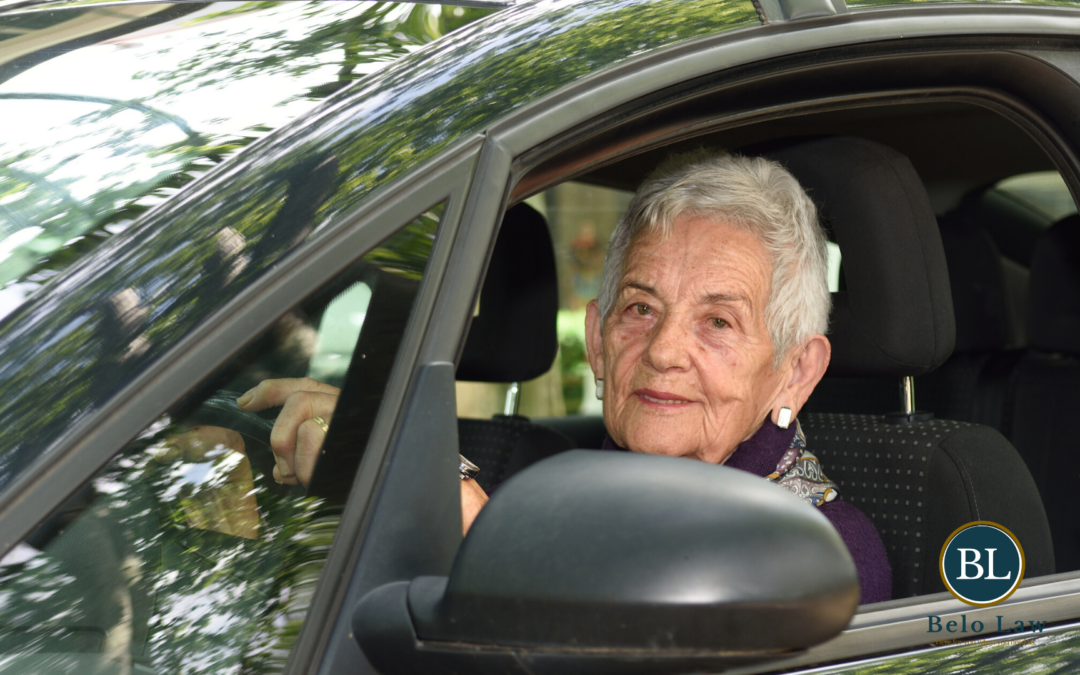
Right now, forty-two million U.S. drivers are age 65 or older and, unfortunately, with each passing year the odds of a senior vehicle accident increases. According to the Centers for Disease Control and Prevention, 20 older adults are killed and 794 are injured in crashes, on average, every day. Fatal crashes, per mile traveled, also jump precipitously for drivers ages 70‒74, and are highest among drivers over age 85.
As elder law attorneys, we know that finding solutions to driving concerns are critical. The reasons for the spike in injuries and deaths are mostly due to an increase in acute medical conditions and declining vision, physicality, and cognitive ability. These issues are widely explored during Older Driver Safety Awareness Week. While the annual event occurs the first week of every December, there is a wealth of information to help older drivers stay safe throughout the year.
Let’s start with the basics. Senior-driver accidents can be reduced a number of ways, starting with wearing a seat belt. They’re a must at any age, but particularly for older, frail adults. Safety risks can also be mitigated by limiting driving in bad weather, at night, and on high-speed roads. Further, never drink alcohol and get behind the wheel. Just one drink can have an out-sized impact, especially when mixed with prescription medications.
Research from the AAA Foundation for Traffic Safety shows that nearly 20 percent of older drivers use medications that should generally be avoided for safety reasons. “There is a growing population of older drivers who use multiple medications and likely do not realize the impact these prescriptions may have on their driving,” says Dr. David Yang, the group’s executive director. To be safe, seniors and their adult children should review their medications with a doctor or pharmacist, and ask:
- Does this medicine interact with others I am taking?
- Could this medicine have side effects that might change my ability to drive safely?
- Is there another medicine or dose I should try?
- If I stop or change this medicine, what side effects should I expect?
Other preventative tips include proper nutrition and hydration, regular exercise, timely vision and hearing check-ups, and avoiding driving when feeling sick. Older Americans and their loved ones should not wait to have the tough conversation surrounding driving and make a plan together. You may also contact our law firm at any time to discuss these issues and any elder care issues with attorney Lynn Belo.
